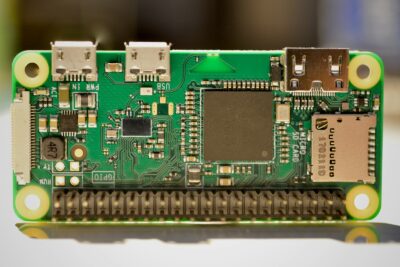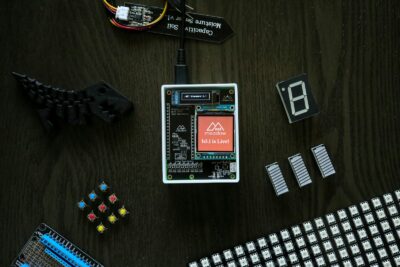Revolutionizing Data Processing at the Source
Edge computing supports the efficient operation of real-time data collection by processing data closer to its origin. This approach reduces latency, the delay associated with transmitting data to a centralized cloud or data center for processing. By performing computations at or near the data source, such as on a local server or device, edge computing minimizes the distance data needs to travel, enabling quicker analysis and decision-making.
Enhancing Efficiency and Responsiveness
Edge computing not only supports the efficient operation of real-time data collection, but also enhances overall efficiency and responsiveness. With edge computing, data can be filtered, aggregated, and pre-processed at the edge, allowing only the most relevant and valuable information to be transmitted to centralized systems. This reduces the burden on network infrastructure and optimizes bandwidth usage.
Empowering Industries with Real-Time Insights
Real-time data collection supported by edge computing is transforming a wide range of industries. In manufacturing, edge devices monitor and analyze sensor data from machines, enabling predictive maintenance and optimizing production processes. In transportation, edge computing facilitates real-time traffic management and enhances the safety of autonomous vehicles by enabling them to make split-second decisions based on local data. Edge computing is also empowering smart cities by enabling efficient data collection from various sources such as traffic cameras, air quality sensors, and energy grids.
Transforming Data Processing in the Middle East
Driving Innovation in Saudi Arabia and the UAE
In the Middle East, countries like Saudi Arabia and the UAE are embracing edge computing to drive innovation and support their ambitious digital transformation initiatives. With a growing focus on smart city development and the adoption of emerging technologies like artificial intelligence and the Internet of Things (IoT), edge computing is playing a crucial role in enabling real-time data collection and analysis.
Edge Computing in Oil and Gas Operations
The oil and gas industry, a major economic pillar in the region, is leveraging edge computing to optimize operations and improve safety. Edge devices deployed on oil rigs and pipelines collect and process data in real-time, allowing for timely decision-making and predictive maintenance. This not only enhances efficiency but also reduces the risk of accidents and environmental incidents.
Real-Time Data Collection in Healthcare
In the healthcare sector, edge computing supports the real-time collection and analysis of patient data from wearable devices and medical sensors. This enables healthcare providers to monitor patients remotely, detect anomalies, and provide timely interventions, leading to improved patient outcomes and reduced healthcare costs.
Revolutionizing Retail with Personalized Experiences
Edge computing is also reshaping the retail industry in the Middle East. By analyzing real-time data from in-store sensors and customer interactions, retailers can gain valuable insights into consumer behavior, preferences, and purchasing patterns. This enables them to deliver personalized shopping experiences, optimize inventory management, and improve overall customer satisfaction.
Enabling Smart Transportation Solutions
In the realm of transportation, edge computing is facilitating the development of smart transportation solutions in the region. Real-time data collection from traffic cameras, GPS devices, and public transportation systems enables authorities to optimize traffic flow, manage congestion, and improve the overall efficiency of transportation networks. Edge computing also plays a crucial role in the development of autonomous vehicles by enabling them to process sensor data locally and make real-time decisions for safe navigation.
Conclusion: The Future of Data Collection is at the Edge
The importance of edge computing in real-time data collection cannot be overstated. By processing data closer to its source, edge computing reduces latency, optimizes bandwidth usage, and enhances the overall efficiency of data collection and analysis processes. As industries continue to embrace digital transformation and the adoption of emerging technologies accelerates, edge computing will play an increasingly vital role in empowering organizations with real-time insights and driving innovation across various sectors.
#EdgeComputing #RealTimeData #DataCollection #DataProcessing #IoT #Technology #Efficiency #SaudiArabia #Dubai #UAE #OilAndGas #Healthcare #SmartCity #Retail #Transportation























